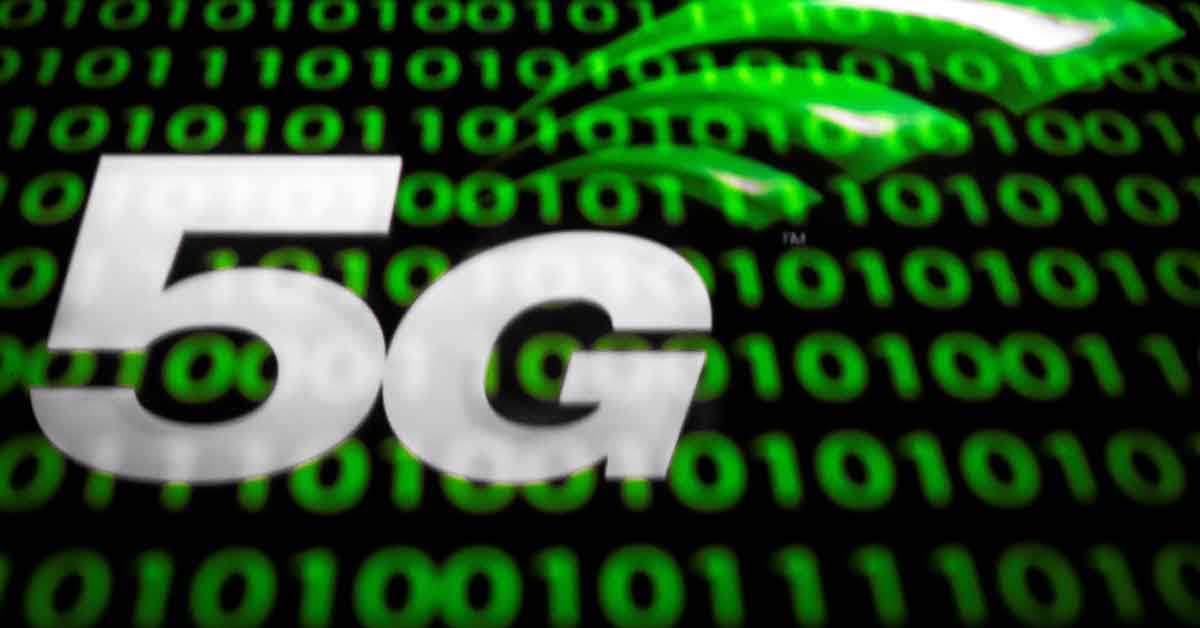Do 5G mobile telephones and networks pose health risks? Worries about the effect the technology has on humans and the environment have persisted as it has been deployed in various countries. What do scientists have to say about it?
What Is 5G?
5G networks are touted as promising an exponential leap in the amount and speed of wireless data, enabling advances in self-driving vehicles, virtual reality, connected health and more as sensors and servers communicate instantly.
To get that speed, 5G uses higher frequencies than current networks. The trade off with higher frequencies is that their signals don't travel as far and are easily blocked by buildings. This means more antennae will be needed to link up with phones.
This is what concerns some people, who were already skittish about the giant antennae placed on top of towers and building. 5G networks will use many smaller antennae placed closer to people, such as on top of streetlights, potentially exposing people to even more radio waves.
What Is The Health Impact Of Radio Waves?
Mobile phones are not the only equipment to emit radio waves. TVs, radios, Wi-Fi are all also sources of exposure.
The World Health Organization (WHO) notes concern about such exposure but says: "To date, and after much research performed, no adverse health effect has been causally linked with exposure to wireless technologies."
It does acknowledge that only a few studies have looked at the frequencies to be used by 5G.
There are still concerns about the long-term use of mobile phones close to your head possibly increasing cancer risk, with the WHO recommending in 2011 using hands-free devices.
There are concerns that mobile phones, tablets and connected toys could have effects on the cognitive ability of children, with France's ANSES safety agency recommending in 2016 limits to their exposure.
Biological VS Health Effects
When radio waves hit the body, their principal biological effect is to heat body tissue.
"Radiofrequency exposure levels from current technologies result in negligible temperature rise in the human body," the WHO says on its website.
"Provided that the overall exposure remains below international guidelines, no consequences for public health are anticipated," it adds.
But according to ANSES expert Olivier Merckel, "studies have shown biological effects in certain very specific parameters such as sleep and stress."
But there is an enormous difference between a biological effect - when an organism responds to the environment - and determining that it poses a health risk. It is a distinction that often gets lost in public debate.
The determination of a health risk is made after observing whether the human body is capable of adapting to cumulative effects of exposure.
Specific Concerns About 5G?
The lack of information on higher frequencies that are to be used by 5G means it is an area that France's ANSES and other researchers are looking into.
5G networks are currently using frequencies close to those of Wi-Fi boxes, but they will eventually use much higher frequencies.
And as the frequency increases, radio waves are less able to penetrate the body, with absorption limited to the skin and eyes.
ANSES's Merckel said "this poses different questions in terms of potential health effects."
In 2012, ANSES evaluated airport body scanners, which use similar frequencies, and found they pose no health risks.
But even if the frequencies are close, the usage is different. With the deployment of 5G networks both users and non-users are likely to be exposed to varying amounts of radio waves on a more or less permanent basis. - AFP
